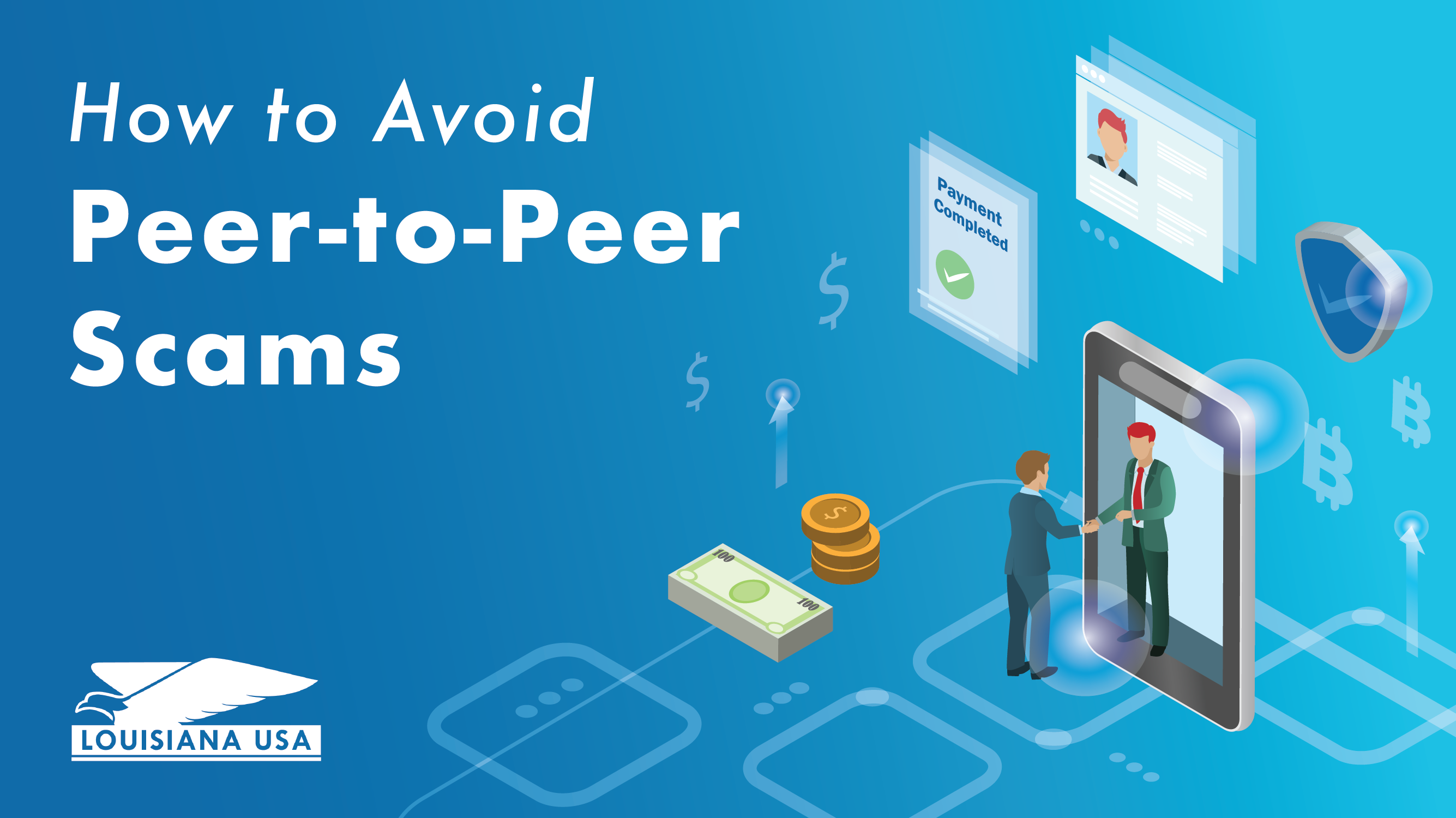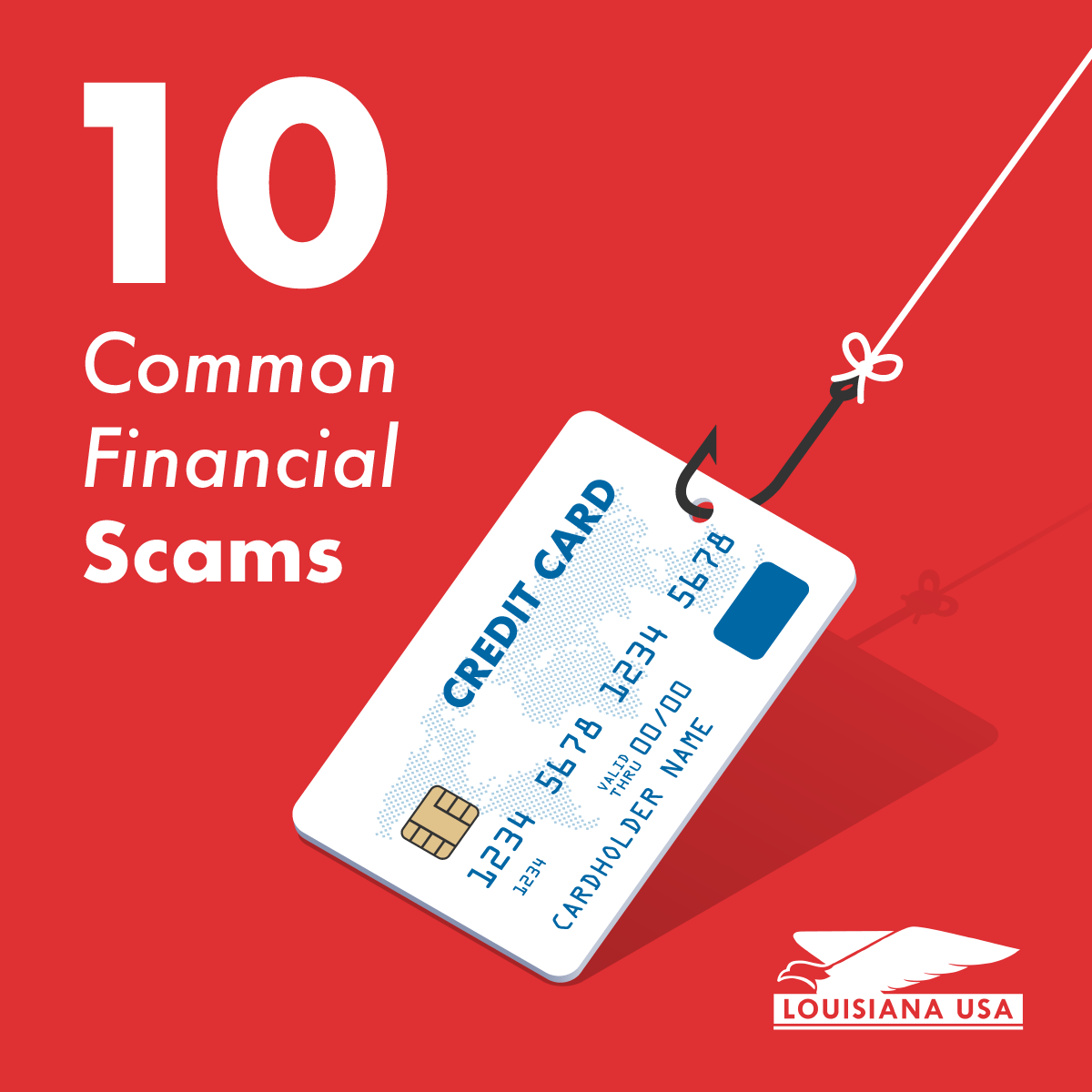
Beware: P2P Scams on the Rise
If you were looking for a way to send someone money during the pandemic, you were not alone in turning to a funds transfer app such as Cash App, Zelle, and Venmo. Popularity in these Peer-to-Peer Payment Platforms (P2P) has soared as many consumers sought contactless ways to send money to a friend, relative or people who they know and trust. P2P allows you to easily send money directly from your linked checking account. But scammers also find it to be an easy way to get access to your money.
Follow these do’s and don’ts to help keep your money safe:
- Do know that many P2P transactions are instantaneous payments and are irreversible. There are no legal remedies for getting your money back.
- Don’t send or receive payments from someone who you don’t know or use P2P to purchase products.
- Don’t buy from an online retailer that requires payment via a P2P payment service; it’s likely a scam.
- Do protect your personal information by setting up security features when you link your checking account to a P2P. Create a personal identification number (PIN), use multi-factor authentication whenever possible, and set up email or text notifications so you can be made aware of any suspicious behavior.
- Do triple check you are entering your recipient’s correct email address, user name or phone number. If you send money to the wrong person, your only hope is that person does the right thing and returns it.
- Do contact the mobile app provider to file a dispute if you think you have fallen victim to a scam.





